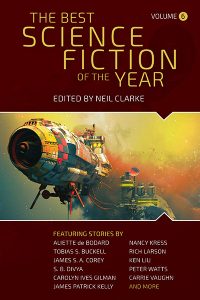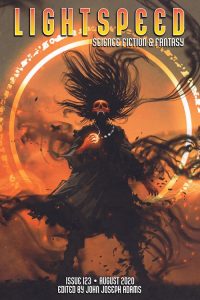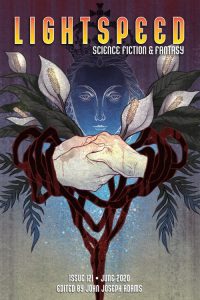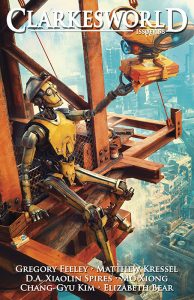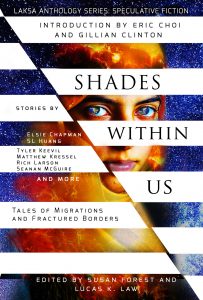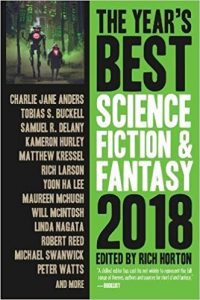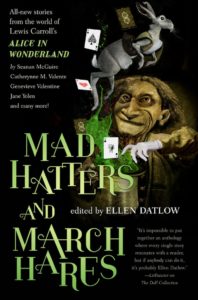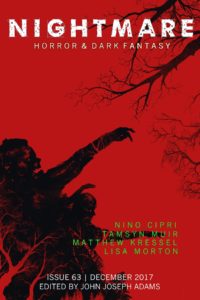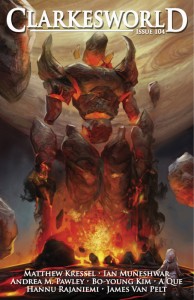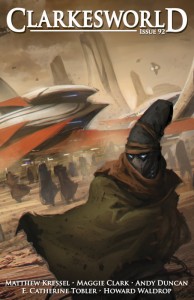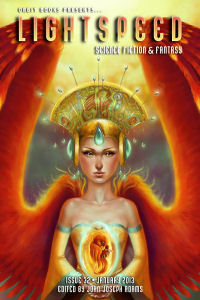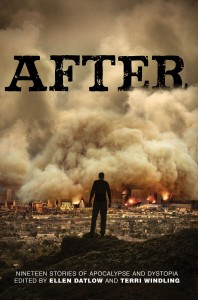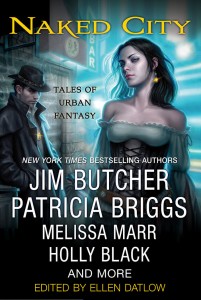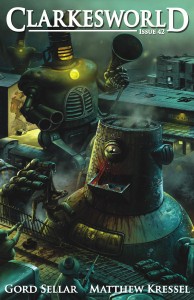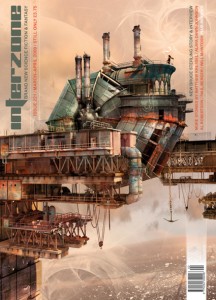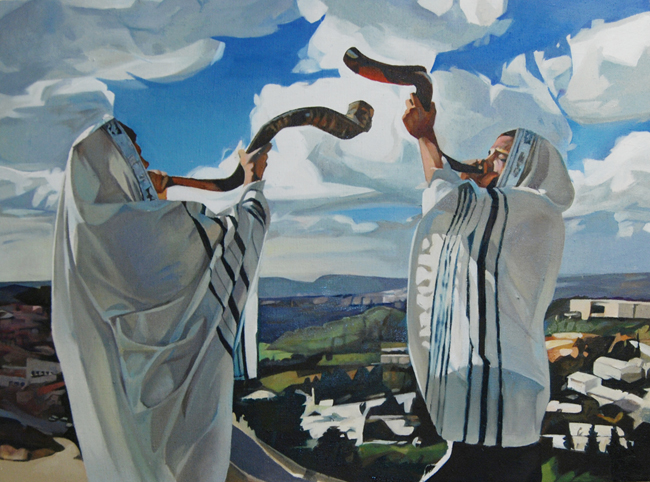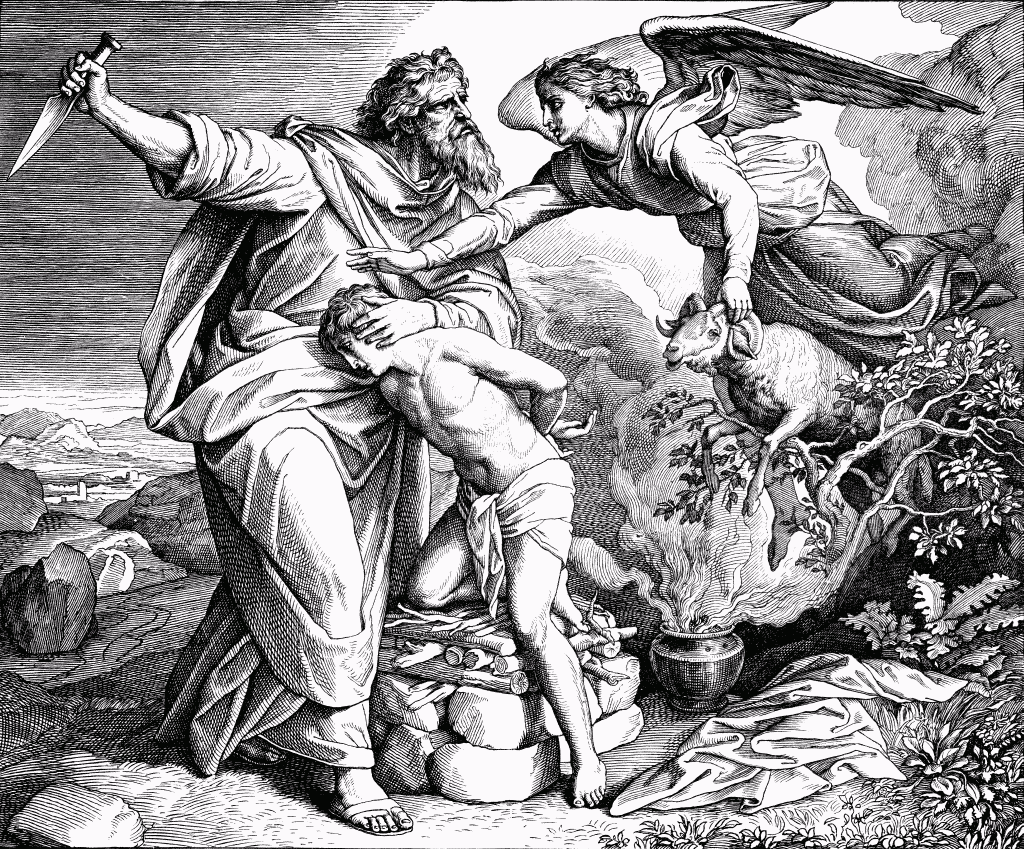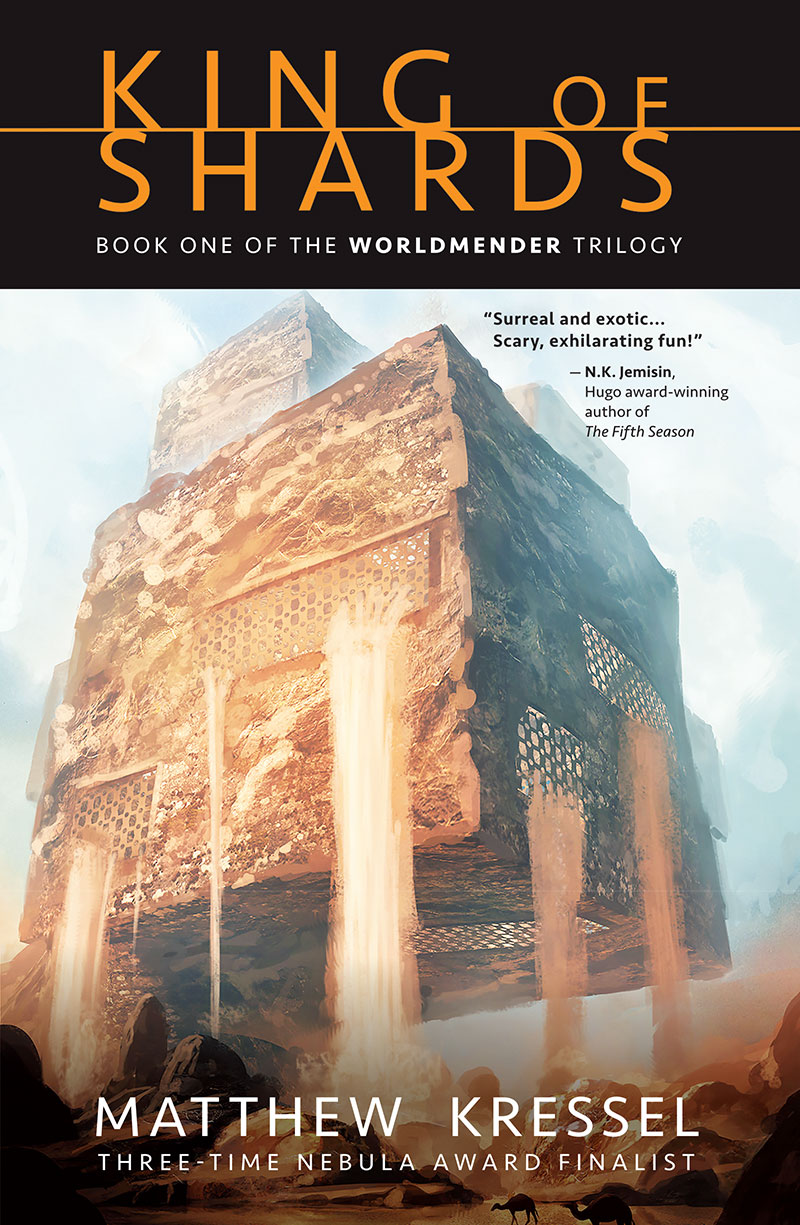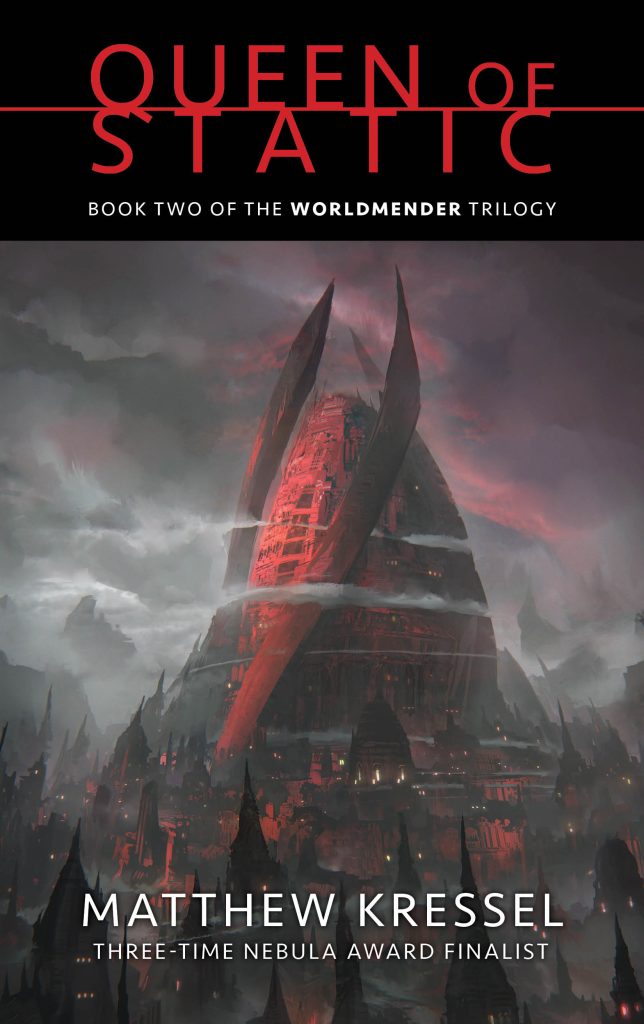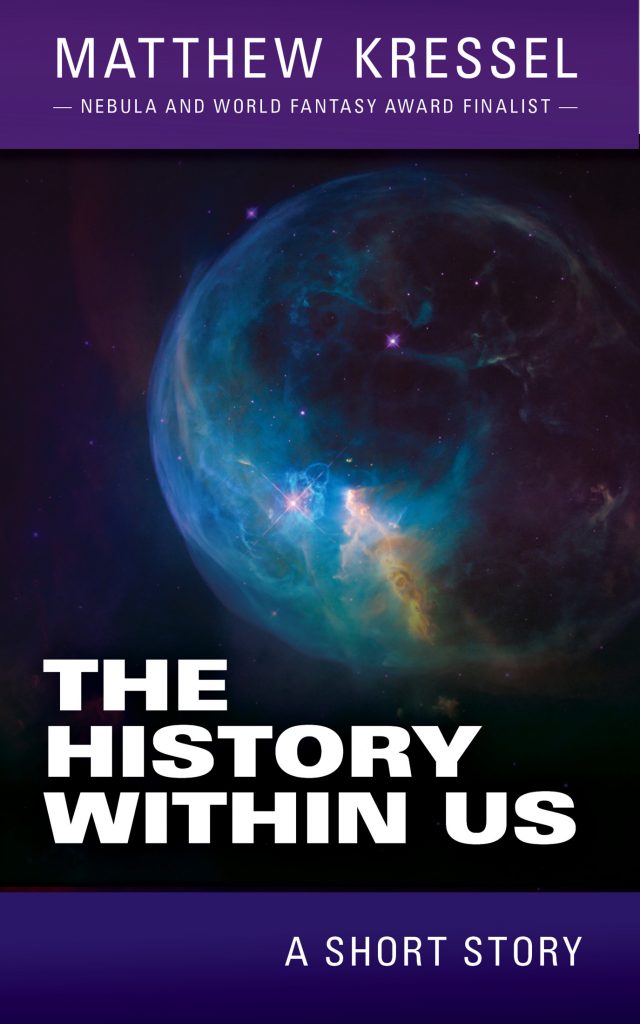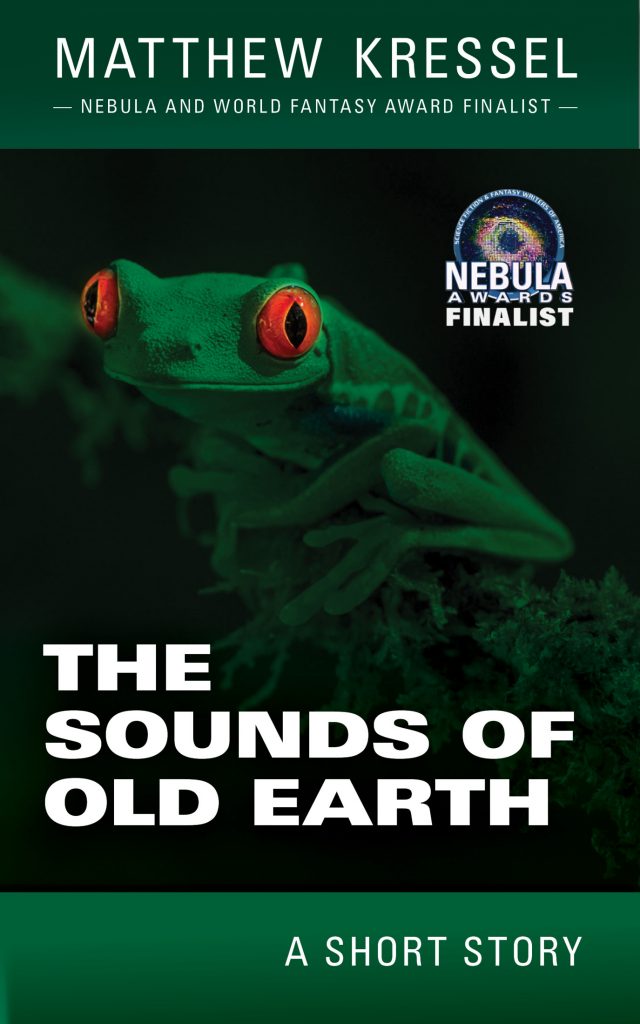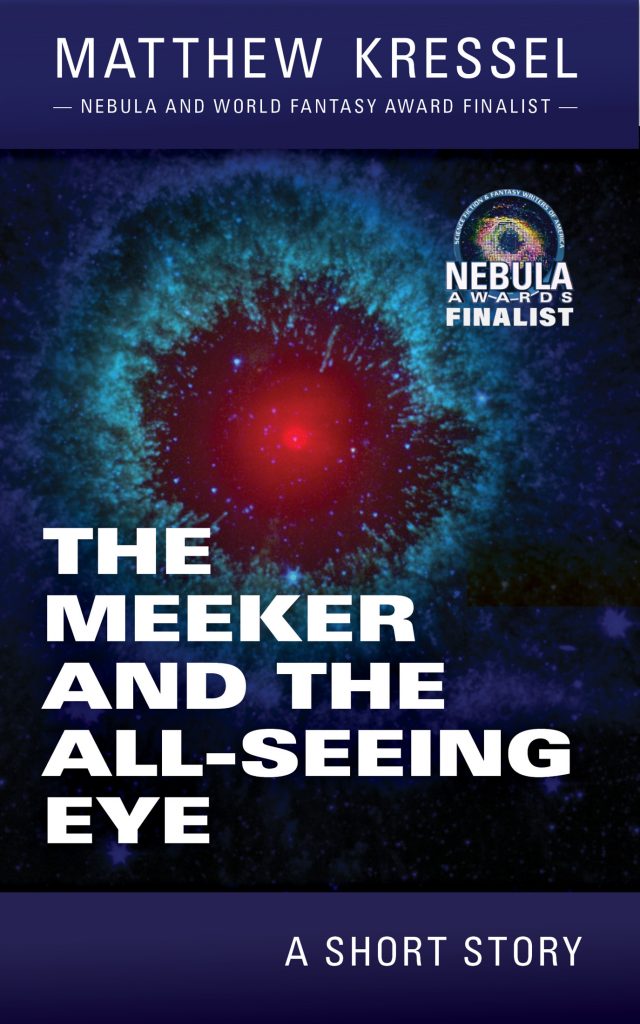To celebrate the October 13th release of my forthcoming debut novel, King of Shards, I will be featuring one new blog entry a day about a different Judaic myth for 36 days. L’shana tova! (May you have a fortunate year!) Today’s entry is on the Sounding of the Shofar.
Day 6: The Sounding of the Shofar
On the holy day, the new year, celebration of Rosh Hashanah, we sound the shofar, a ram’s horn, with long and short blasts to confound Satan, the Accuser. For if the horn were not blown on Rosh Hashanah, the Accuser would not be confused, and would focus his evil intentions on the world. Instead, the horn keeps him at bay for the holy days, so the Jewish people may repent of their sins to God.
Some say that the sound of the ram’s horn is a secret language, known only by God himself. When God’s children blow the horn, their pleas rise up to him, unheard by the Accuser, and thus the Accuser cannot interfere in the process of divine forgiveness. Those who hear the shofar and understand its secret language walk in the light of the countenance of God, which shone on the first day of Creation when God said, “Let there be light!”
On Rosh Hashaha, The New Year, the gates of judgment are opened, and on Yom Kippur, the Day of Atonement, the gates are sealed. The shofar blasts cause God to move from his Throne of Judgment to his Throne of Mercy, where he forgives the repentant for their many sins. But this does not absolve them of their sins toward others, only between the repentant and God. For sins between individuals, those persons must make recompense toward each other.
We are told to blow the shofar 100 times, yet we blow the horn 101 times to confuse the Accuser, Satan. The Accuser sees that the Jewish people eat a festive meal after the services and thinks, Do they not fear God’s judgment? He would testify against the Jewish people, but when the Accuser hears that the shofar is sounded more times than the Torah requires, he grows agitated and confused. Is this extra note the herald of the coming Messiah? And so the Accuser is kept silent during the holiest of days, so the people can repent and find peace.
The Myth’s Origins
In the Babylonian Talmud, Rosh Hashana 16a, God says, “Sound before me a ram’s horn so that I may remember on your behalf the binding of Isaac the son of Abraham, and account it to you as if you had bound yourselves before me.”
One of the most famous passages in the Torah is the story of the binding of Isaac by Abraham (Akedah in Hebrew). Just at the moment when Abraham is about to sacrifice his son, God stays his hand. And at that moment Abraham notices a ram caught in a thicket. The ram is sacrificed instead of Isaac, and thus Abraham proves his devotion to the one God. To remember this moment, Jews blow a ram’s horn, or shofar on the High Holiday of Rosh Hashanah, the New Year, and Yom Kippur, The Day of Atonement. The shofar blasts remind the Jewish people of Abraham’s willingness to sacrifice his son, i.e. his devotion to God, and also the horn reminds the Jewish people to consider as if they themselves are Isaac, bound before God.
The shofar shows up in other places too. In the Midrash, or Torah commentary, it says that Moses blew the first shofar at Mount Sinai after receiving the Ten Commandments. And Elijah, who will herald the coming of the Messiah at the end of days, will blow a shofar blast for all the world to hear.
The hundred blasts of the horn heard during the holiday services, according to one source, symbolize the one hundred and one letters contained in the lament of Sisera’s mother as she awaited her son’s return from the battlefield as recorded in the Song of Devorah, from the Book of Judges. The High Holidays are a time of repentance, when Jews plead for mercy from God’s judgment of their fate for the coming year. The shofar blasts are seen as having both literal and mystical meaning. Physically, they call us to awakening: the time of judgment is upon us! Mystically, they implore God on his high throne to show mercy. The Accuser, literally Satan in Hebrew, testifies against the Jewish people to God, for their sins. But on Rosh Hashanah the Accuser’s power is halted by the sound. The many shofar blasts serve to “confound” him, especially the extra note. The prayers of repentance reach God unhindered by the Accuser’s accusations.
The Accuser is present to show that God’s judgment is not arbitrary, but fair and balanced. He weighs the testimony of the accuser against the prayers and repentance of the sinner before making his judgment. In essence, the individual appears before a divine court, where testimony is weighed. But during the High Holidays, mercy is given for all who repent of their sins.
Some Thoughts on the Myth
Again we see the opposing forces of Judgment and Mercy playing out on a cosmic battlefield. The Accuser, Satan, serves to testify against Israel, while during the High Holidays, God shows his great mercy by creating the secret language of the shofar to confound the Accuser. In Kabbalah, these two forces are known as Din (Judgment) and Chesed (Mercy), and they oppose each other on the Kabbalistic Tree of Life, or Sephirot. What I find interesting is the notion that God does not accuse himself, but requires a separate entity, a Satan, to accuse for him. He listens to the Accuser’s testimony and considers the repentance of the sinner. After, God decides whether to punish or forgive. But on the High Holidays, we are given a full reprieve. The Accuser is confounded by the shofar, and God reveals his merciful side and forgives all who repent.
I was raised in a Conservative Jewish household and have heard the shofar blast many times. Its sound is unique (listen to one here), and those not familiar with its sound might recognize it from various films and shows, where it’s used to cue us into a Middle Eastern culture or analog. Hearing it up close, the sound is arresting and loud, and I can definitely see how, in a time before amplification and electronic instruments, the ram’s horn could be viewed as having divine power. It is so powerful, in fact, that its sound rose up to be heard by God. Even if you are not paying attention, if you are daydreaming in synagogue, as I often do, you are definitely called to attention when the shofar blows. So too, the Jewish people had envisioned, must the Accuser be startled by the sound. I rather like this aspect of the myth: when the shofar blows, even the angels in heaven tremble.
But it is the binding of Isaac which has always troubled me. Why would a merciful God demand that Abraham sacrifice his only son? God ultimately stops Abraham from killing his son, of course, but seems problematic. This passage has been explained to me in various ways over the years. God wanted to test Abraham’s devotion, was one explanation I’ve heard. Another was, There was much child sacrifice at the time this passage was written. This passage was there to show readers that this God did not sacrifice children, that he was different from the gods who came before. Meanwhile, what of Isaac, his son? What did he think of his father binding him, raising his sword, only to stop at the last moment, not by his own will, but by another’s? How could Isaac ever trust his father again? Instead they sacrificed a ram together, and when we hear the shofar blast we are to consider ourselves as being bound like Isaac, with God standing above us, ready to impart his judgment or mercy based on our actions.
To me, this seems the act of an abusive parent. Do as I say, or I will destroy you! While I think it’s dangerous to look at a text nearly three millennia old and try to hold it up to today’s moral standards, the story does give me pause. I understand that the central message is the same message given by many religions: the path of righteousness leads to peace, while the path of sin to destruction. In this case, the destruction comes from God himself and his punishing hand, as it does in Christianity and Islam as well.
However, despite my concerns about the stories and metaphors in the story, I do find the notion of self-reflection a powerful one. During the High Holidays, we are given time to pause and reflect on what we have done in the past year, what we have done right and wrong, and to focus on how we can improve in the coming year. I don’t have to believe in God’s judgment in order to benefit from the psychological catharsis of reflection and renewal I receive during this time of year. It’s always good to pause and reflect on our actions and to seek ways to improve not only ourselves, but how we relate to others, and how we might improve the health of the world. It’s this which I take from the holiday, and this that I find most rewarding, besides the obvious joy of getting to spend time with family.
Tomorrow’s Myth: The Books of Life and Death




